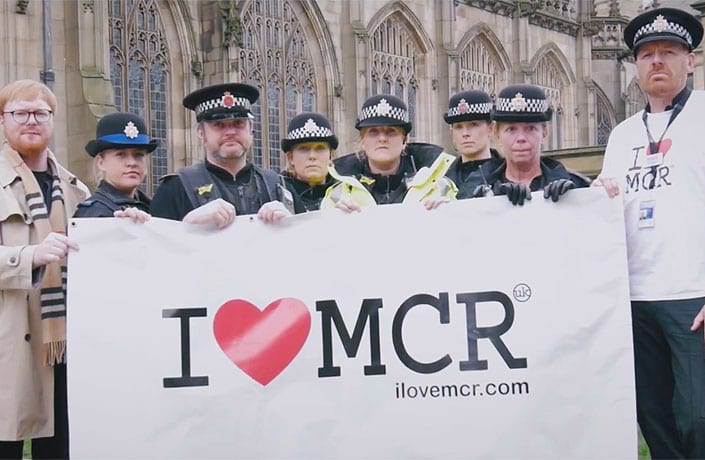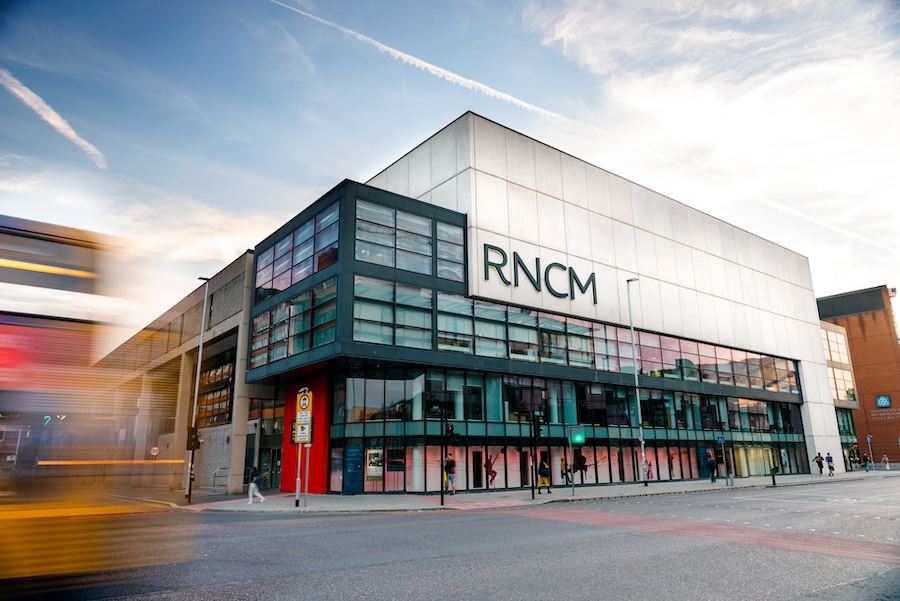Heroic response to Arena bomb was “Manchester’s finest hour” – Labour MP
- Written by Ray King
- Last updated 7 years ago
- City of Manchester, Community

The immediate aftermath of the terrorist bomb attack on the arena last may “may well have been Greater Manchester’s finest hour” according to Labour MP and former city council leader Graham Stringer.
Speaking after the publication of the Kerslake report into the atrocity and the response by emergency services, which had criticised bosses of the Greater Manchester Fire and Rescue Service, Mr Stringer and fellow Manchester MPs sought to stress the heroic response of the public in what Lord Kerslake described as “unimaginably horrific circumstances.”
The failings of the Fire and Rescue services, which meant that some of the 500 casualties had to wait up to two hours for help, prompted an “unreserved apology” from acting chief Dawn Docx.
She said: “We accept the findings of the report and as part of our new position within the Greater Manchester Combined Authority, work is already underway to fully implement the recommendations.”
She is leading a “root and branch” examination of policy, practice, leadership and culture within the service and North West Fire Control, which will go well beyond the specific recommendations in the Kerslake report.
“The fundamental mistake made by the fire service that night was failing to communicate with our partner agencies and that is something at the forefront of our plans to change fundamentally the fire service and its culture,” she said.
“We must ensure that the principles of partnership working are deeply embedded within the service. This is about us acting together as one, which I know everybody, including all our fire fighters, will agree with.
“By working together we will ensure that the mistakes of that night are never repeated.
“The 22nd May 2017 was Greater Manchester’s darkest hour and it is clear that our response fell far short of that which the people of Greater Manchester have a right to expect. I apologise unreservedly for that.”
But Mr Stringer, MP for Blackley and Broughton who led Manchester city council from 1984 to 1996, chose to lay emphasis on the report’s praise of what went well in the aftermath of Salman Abedi’s suicide attack – especially the response of those first on the scene.
The report said: ” Agencies in Greater Manchester have a history of working together to prepare for emergencies. This resulted in some notable practice during the response to the Arena attack and in its immediate aftermath….. the Panel also wishes to expressly acknowledge the courage shown by responders on the night, many of whom were willing to risk their own lives to save others and who demonstrated extraordinary bravery in unimaginably horrific circumstances.
“The response on the night of 22nd May was distinguished by the willingness and readiness of people who were in the vicinity to assist the injured. The Panel found that many unsung heroes played an important role in providing first aid, care and reassurance and in assisting with moving people from the foyer to the casualty clearing station.
“In addition to members of the public who ran to help, staff with no formal remit in this role selflessly and bravely did their best to provide care and support and undoubtedly made an important contribution to the response.
“Others also played a part away from the Arena whether providing shelter in local hotels or donating food and drink. Every one of them is owed a debt of gratitude.”
Mr Stringer said of their courage: “In extreme adversity, this may well have been Greater Manchester’s finest hour.”
The Kerslake report also praised political leaders whose “strong leadership supported by well-rehearsed plans resulted in a rapid and effective civic response.
“Visible leadership was demonstrated by the Leader, Deputy Leader and Chief Executive of Manchester City Council, the Mayor of Greater Manchester, the Chief Constable and the Chief Executive of the Greater Manchester Health and Social Care Partnership. Faith leaders provided strong leadership and community reassurance.”
- This article was last updated 7 years ago.
- It was first published on 30 March 2018 and is subject to be updated from time to time. Please refresh or return to see the latest version.
Did we miss something? Let us know: press@ilovemanchester.com
Want to be the first to receive all the latest news stories, what’s on and events from the heart of Manchester? Sign up here.
Manchester is a successful city, but many people suffer. I Love Manchester helps raise awareness and funds to help improve the lives and prospects of people across Greater Manchester – and we can’t do it without your help. So please support us with what you can so we can continue to spread the love. Thank you in advance!
An email you’ll love. Subscribe to our newsletter to get the latest news stories delivered direct to your inbox.
Got a story worth sharing?
What’s the story? We are all ears when it comes to positive news and inspiring stories. You can send story ideas to press@ilovemanchester.com
While we can’t guarantee to publish everything, we will always consider any enquiry or idea that promotes:
- Independent new openings
- Human interest
- Not-for-profit organisations
- Community Interest Companies (CiCs) and projects
- Charities and charitable initiatives
- Affordability and offers saving people over 20%
For anything else, don’t hesitate to get in touch with us about advertorials (from £350+VAT) and advertising opportunities: advertise@ilovemanchester.com


Review: Tambo & Bones at HOME is ‘ambitious, bold, gutsy…. and terrific’

Review: JB Shorts 26 at 53two is ‘a five-star showcase of northern talent’


















